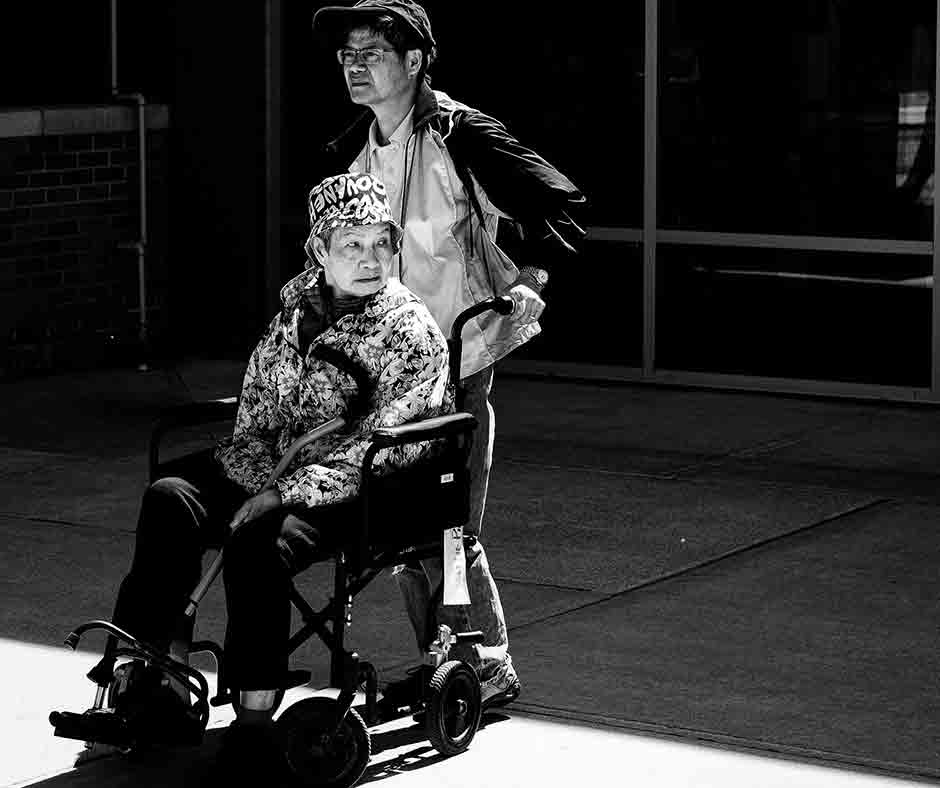If a person is unable to make decisions for him or herself due to some form of incapacity, the courts may determine that a guardianship should be established for that person. Along with establishing a guardianship for an incapacitated adult, the court can also establish a guardianship for a minor, who is considered to be “incapacitated” purely based upon being under age eighteen.
Often, a guardianship is established simply to have someone who has the legal authority to make these decisions.
A guardianship may not be necessary for an incapacitated adult if he or she had executed a durable power of attorney before becoming incapacitated. Under a durable power of attorney, the incapacitated person chooses an attorney in fact to make those types of decisions that the incapacitated person can no longer make. Often, a guardianship is established simply to have someone who has the legal authority to make these decisions. In this situation, the durable power of attorney makes the guardianship unnecessary.
Whether a guardianship is established for an adult or a minor, it can have two components: a guardianship of the person and a guardianship of the estate.
The court will establish a guardianship of the person if the court has found that the person in question “has a significant risk of personal harm based upon a demonstrated inability to adequately provide for nutrition, health, housing, or physical safety.”
Parents often nominate a guardian of the person for their minor children in their wills. If the parents die (or become incapacitated themselves), the court will appoint a guardian for the children and will normally appoint the person nominated in the parents’ wills. That guardian will care for the children until they reach age eighteen. Another use of a guardianship of the person is to give someone the authority to make health care decisions and communicate with care providers for an incapacitated adult.
A guardianship of the estate is established if the court finds that the person “is at significant risk of financial harm based upon a demonstrated inability to adequately manage property or financial affairs.” Even if an adult has signed a durable power of attorney, sometimes a guardian of the estate is still necessary. Under a durable power of attorney, the attorney in fact is simply the agent of the incapacitated person, and the incapacitated person keeps the authority to enter into contracts such as opening a credit card account, buying a car, or making loans to people. In some situations, a guardianship may become necessary so that the guardian can void those contracts.
Regardless of whether a guardianship is for the person or for the estate, state statutes require the court to limit the scope of the guardianship as much as possible. Such “limited guardianships” are to be established for persons “who by reason of their incapacity have need for protection and assistance, but who are capable of managing some of their personal and financial affairs.” In establishing the guardianship, the court is to impose “only such specific limitations and restrictions … as the court finds necessary for such person’s protection and assistance.”
Establishing a guardianship for an incapacitated person can be expensive. In many situations it can be avoided by a properly executed power of attorney. However, when the situation involves a minor—who is not legally able to execute a power of attorney—or a person who has not, or cannot sign a power of attorney, a guardianship may very well be necessary.

Stephen King
The Eastside's Estate Planning Attorney
Talis Law PLLC is a small Estate Planning firm on the Eastside. We work with people to help them understand what goes on during the estate planning and the probate process. Our firm offers flat fee services so clients feel comfortable asking the questions they need to understand what their documents mean, and what the process does.
Disclosure: While I am a lawyer, I am not offering legal advice. Posts on legal matters are intended to provide legal information and do not create an attorney/client relationship.

